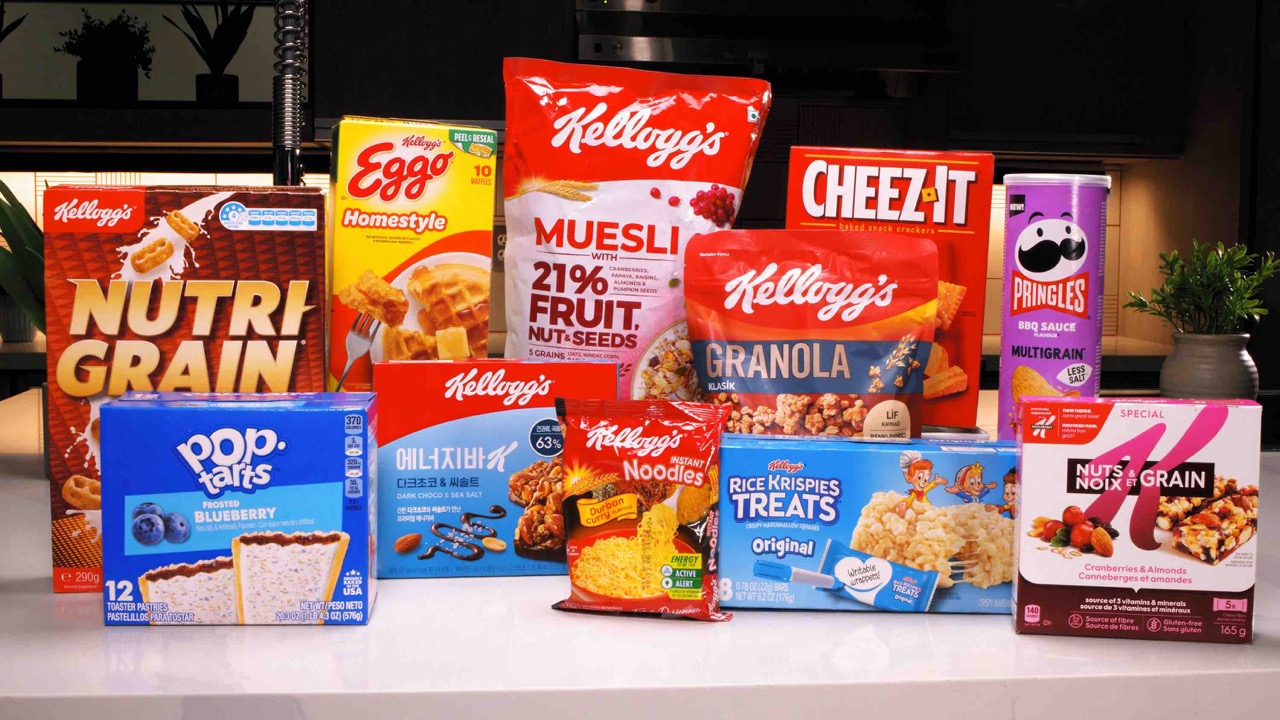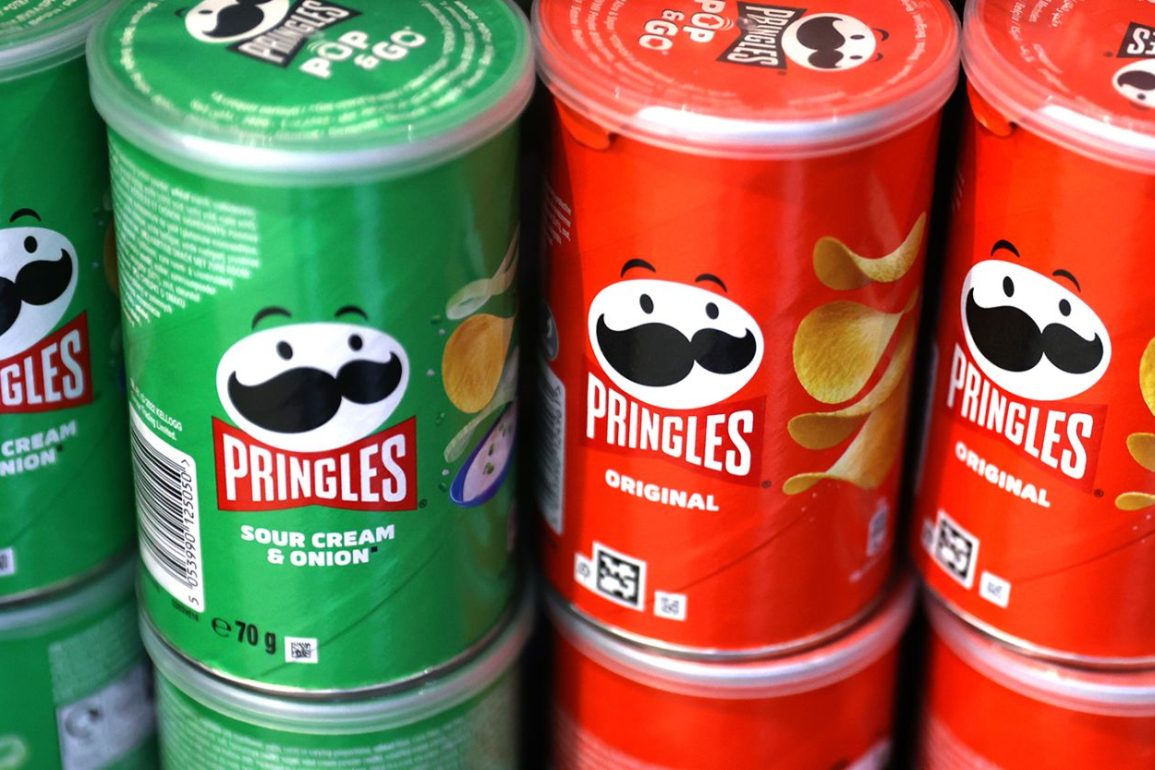Mars Inc., a secretive confectionery and pet products company, is headquartered in McLean, Virginia, often humorously referred to as more mysterious than the nearby CIA. Unlike the agency, Mars’ office lacks any identifying signage, yet it houses the second-richest family in the U.S., with a net worth of $117 billion.
This is only surpassed by the Walton family, whose wealth stands at $267 billion. Mars’ privately-held status enables the company to prioritize long-term decision-making over quarterly investor scrutiny, allowing it to stay out of the public eye while maintaining financial control.
The Mars family’s choice to keep the company private allows it to take more risks than its publicly traded counterparts, without the pressure of stock market evaluations. This strategy has enabled Mars to make significant acquisitions, including its recent $36 billion purchase of snack and cereal maker Kellanova.
While Mars representatives and Kellanova declined to discuss the deal’s details, the acquisition highlights Mars’ willingness to place big bets, leveraging its dominant position in food and pet nutrition categories.
Mars’ expansion over the last three decades, led by Valerie Mars, has involved at least 185 transactions totaling $81 billion. Valerie Mars played a key role in many of these deals, including the high-profile purchase of Wm.

Wrigley Jr. Company in 2008 for $23 billion, which was backed by Warren Buffett’s Berkshire Hathaway. Under her guidance, Mars’ annual net sales have grown from $10 billion in 1996 to over $50 billion today, showing the success of this strategy.
As Valerie Mars prepares to step down from her role as senior vice president of corporate development, she assisted Mars’ CEO Poul Weihrauch in negotiating the deal with Kellanova CEO Steve Cahillane.
Mars, already strong in chocolate, gum, and pet nutrition, sought to diversify by entering new segments such as salty snacks and international cereal markets. Kellanova’s expertise in products like Pringles and Cheez-It made it a strategic fit for Mars’ growth ambitions.
The negotiations between Mars and Kellanova began after the latter’s spin-off from WK Kellogg, which left Kellanova focused on snacks and cereals outside of North America. Initially, Kellanova had high stock price expectations, but after their shares struggled post-spin-off, Mars found an opportunity to strike a deal.
Kellanova’s improving sales and profit forecasts, along with Reuters reporting on Mars’ acquisition interest, helped boost the company’s stock value, allowing both parties to come to terms.
Mars’ offer, valuing Kellanova at 16.4 times its adjusted 12-month cash flow, was competitive with other deals in the sector. The W.K. Kellogg Foundation Trust and the Gund family, Kellanova’s key shareholders, supported the transaction.
Mars had ample financial backing to close the deal, with $6.6 billion in cash, $4 billion in credit lines, and an additional $29 billion in loans arranged with banks. Unlike many of its peers, Mars prioritizes reinvestment in its business over large dividend payouts, reinforcing the family’s long-term vision for growth.

